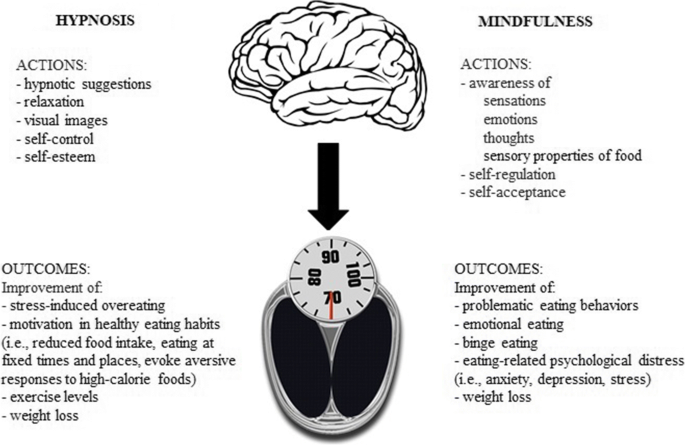

These changes in appetite and weight are 75-85% stable across depressive episodes ( 9, 10), suggesting that they may be trait markers of how depression is manifested within a particular individual. In fact, across large depressed cohorts, appetite and weight changes are often some of the most discriminating symptoms in latent class analyses of depression subtypes ( 6- 8).
:max_bytes(150000):strip_icc()/long-term-effects-of-antidepressants-4158064_V2-01-64cad678074d4e45b0b85840567c27ef.png)
Patients with major depressive disorder exhibit marked heterogeneity in appetite, with approximately 48% of adult depressed patients exhibiting depression-related decreases in appetite, while approximately 35% exhibit depression-related increases in appetite ( 5). Importantly, the vegetative symptoms to which these conditions are most closely related, namely appetite and weight changes, are not shared by all patients with depression. Many of the health consequences associated with depression are due to the fact that this disorder predisposes and exacerbates other chronic medical conditions, including diseases related to depression’s vegetative symptoms, such as obesity and diabetes ( 3, 4). Major depressive disorder is a leading cause of chronic disability ( 1) and mortality ( 2) worldwide.


 0 kommentar(er)
0 kommentar(er)
